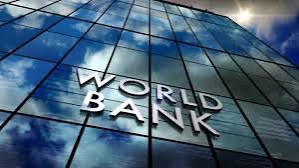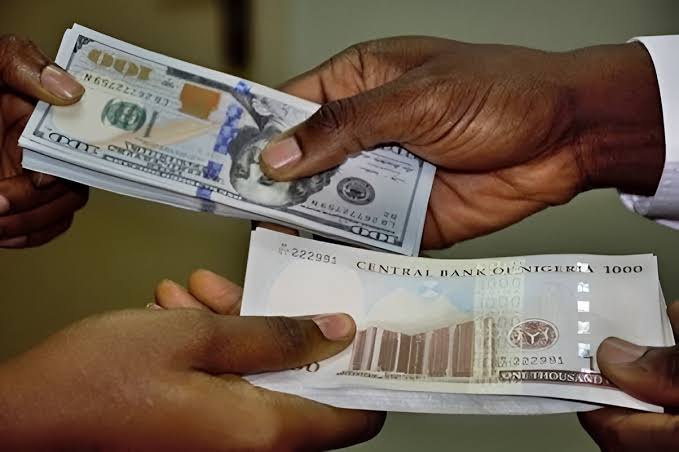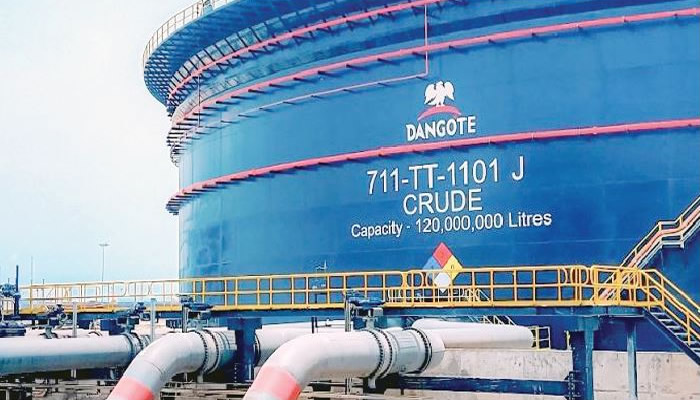
The World Bank Group has imposed a 30-month debarment on two Nigerian companies, Viva Atlantic Limited and Technology House Limited, as well as their CEO, Mr. Norman Didam, following allegations of fraudulent, collusive, and corrupt practices related to the National Social Safety Nets Project in Nigeria.
In a statement released on Monday, the World Bank outlined that the project, which aimed to provide financial assistance to vulnerable households in Nigeria, was compromised by unethical actions during the procurement and contracting process in 2018.
The statement noted, “The World Bank Group today announced the 30-month debarment of two Nigeria-based companies—Viva Atlantic Limited and Technology House Limited—and their Managing Director and CEO Mr. Norman Bwuruk Didam, in connection with fraudulent, collusive, and corrupt practices related to the National Social Safety Nets Project.”
The World Bank further explained that the companies and Mr. Didam misrepresented a conflict of interest in their bids, accessed confidential tender information from public officials, and submitted falsified documents, including fake manufacturer authorization letters.
These actions, which also involved offering bribes to project officials, were deemed fraudulent and corrupt under the World Bank’s Anti-corruption Framework.
The statement elaborated that these violations undermined the integrity of the initiative intended to support Nigeria’s most vulnerable populations, stating, “According to the facts of the case and the World Bank’s Anti-corruption Framework, in connection with a 2018 procurement and subsequent contract, Viva Atlantic Limited, Technology House Limited, and Mr. Didam misrepresented a conflict of interest in the companies’ Letter of Bids and received confidential tender information from public officials, constituting fraudulent and collusive practices.”
The debarment bars the companies and Mr. Didam from participating in World Bank-funded projects for the duration of the penalty period. As part of their settlement agreements, all parties acknowledged their wrongdoing and agreed to implement corrective measures, including improved compliance policies and ethics training.
Mr. Didam must complete individual ethics training, while the companies are required to enhance their internal integrity policies and corporate ethics programs in line with the World Bank’s Integrity Compliance Guidelines.
The World Bank noted that the reduced debarment periods were granted due to the parties’ cooperation during investigations, voluntary corrective actions, self-imposed bidding restraints, and the time elapsed since the infractions occurred.
The statement also indicated that the debarments are subject to cross-debarment by other multilateral development banks under the Agreement for Mutual Enforcement of Debarment Decisions, signed in April 2010.
The World Bank reiterated its commitment to maintaining transparency and accountability in its projects and emphasized that these sanctions reflect its zero-tolerance policy towards corruption. The implicated parties must comply with the conditions outlined during the debarment period in order to be eligible for future Bank-funded projects.









